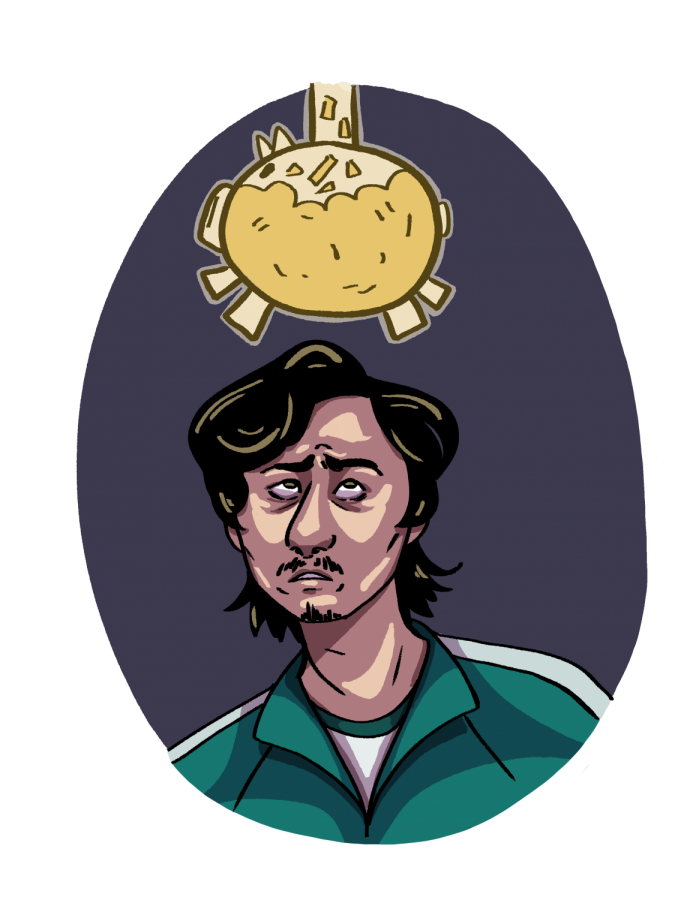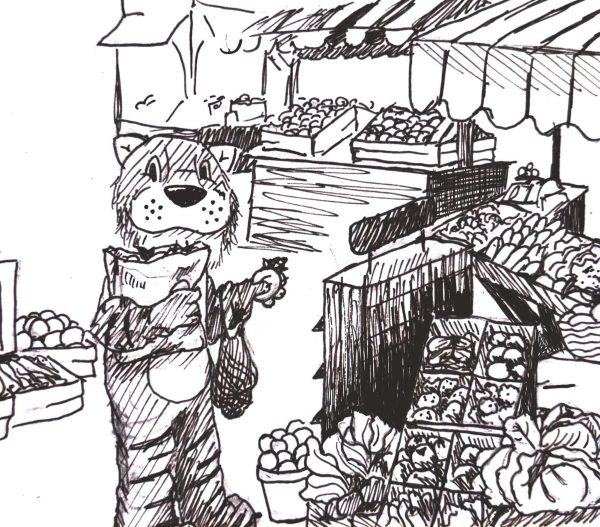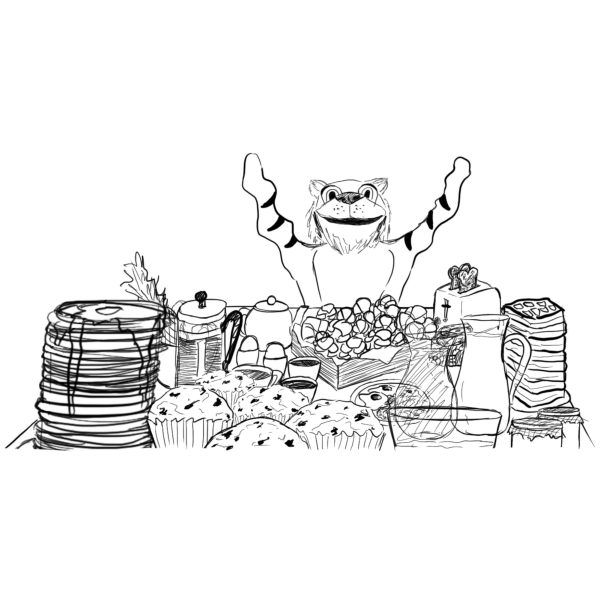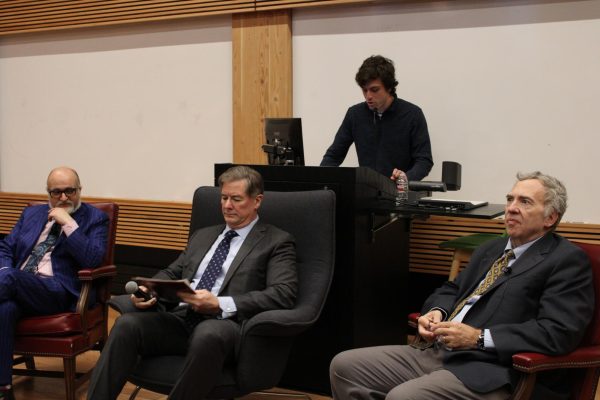Squid Game: It’s More than a Macabre
Warning: The following article contains spoilers from “Squid Game.” Reader’s discretion advised.
“Squid Game” just happened. Whether you love it or hate it, there’s a lot to digest in this nine-episode Netflix series, from its visceral storytelling to its nuanced portrayal of contemporary South Korean life.
What “Squid Game” has brought to the table is visual flair: those pastel interiors, the inventively gruesome death traps in the form of oversized schoolyard games and a Parasite-like focus on the social inequities that make the “miracle” of South Korea’s booming economy anything but for those excluded from its benefits. The horrors of the game exist only because life outside the arena is a kind of hell (the title of the second episode, set in Seoul rather than on the island) from which the impoverished can never escape. Beyond all that, there are two tensions that elevate “Squid Game.” One is within the narrative, where the primacy of the individual is in direct combat with the notion of community, and where the illusion of “choice” justifies all manner of exploitation.
I want to focus on the tension that exists between the show and the viewers. We are meant to be appalled at the idea that people might be held at gunpoint and forced to fight for their survival purely for the amusement of wealthy VIPs. We are meant to find the violence repulsive and exploitative, the behavior of those who fund it irredeemable, the morality of those who orchestrate it contemptible.
And yet here we are, gladly gobbling it up, binging on the bloodfest, delighting in the evil genius of the games. Do we even register that the battlegrounds resemble nothing so much as film soundstages? This whole thing is an artifice that demands us to reflect on the reality of our relationship with violence as entertainment.
And that’s the real genius of “Squid Game.” We are all implicated, whether we watch in horror or in delight. We are the lucky ones, granted the power of life or death over content, armed only with a remote control and a thumbs up or thumbs down.
Although some may argue that “Squid Game”’s virality is attributed to the idea that criticizing capitalism is the “new hot thing” in media, it is important to look past the bright pink and green costumes and face the reality of our situation. I believe “Squid Game” is director Hwang Dong Huyk’s warning of how morality tends to break down in the face of adversity.
If you’re not lucky enough to be born wealthy or afford the growing price of college, life is in many ways determined by chance. It’s the unfortunate truth of our current economics — the wealthy are encouraged to find ways to exponentially grow and protect their earnings, while the poor have to work with worse quality education, credit scores and overall financial knowledge — all of which can drive individuals to act selfishly on both sides. Universities are businesses after all; without paying tuition and scholarships, would students even be able to attend classes? Plus, for international students like me, tuition fees are much larger. Minimum wage in my country is nowhere close to $7.25 an hour.
Despite our real world contradictions, I undoubtedly enjoy the use of cinema in bringing awareness to real world economic issues and in encouraging the representation of Asian creators in the entertainment industry. Although an extremely bleak outlook of the real world, “Squid Game”’s unforgiving narrative depicts economic inequality’s gravity and its depressing struggles. In many ways, life itself can be compared to a rigged game — there are winners and losers, and there’s only an illusion of choice.
Bingeing the series until 3 a.m. was not the best move, but there was something irresistible about the show, a different type of charm that I could not stop watching. However, I can’t help but notice how the series perfectly captures the feeling of being trapped, and that is especially true with how long the pandemic has lasted. Aren’t we all trapped too?
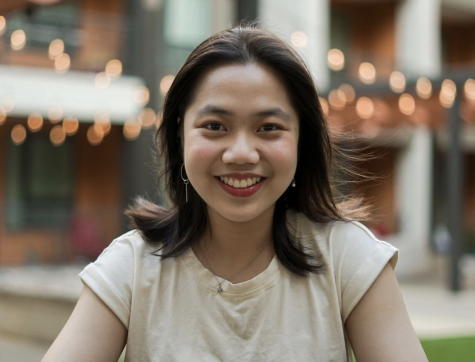
I am a native of Hanoi, Vietnam, and spent part of my childhood in Bangladesh and Cambodia. I am a senior majoring in Piano Performance and Communication,...

